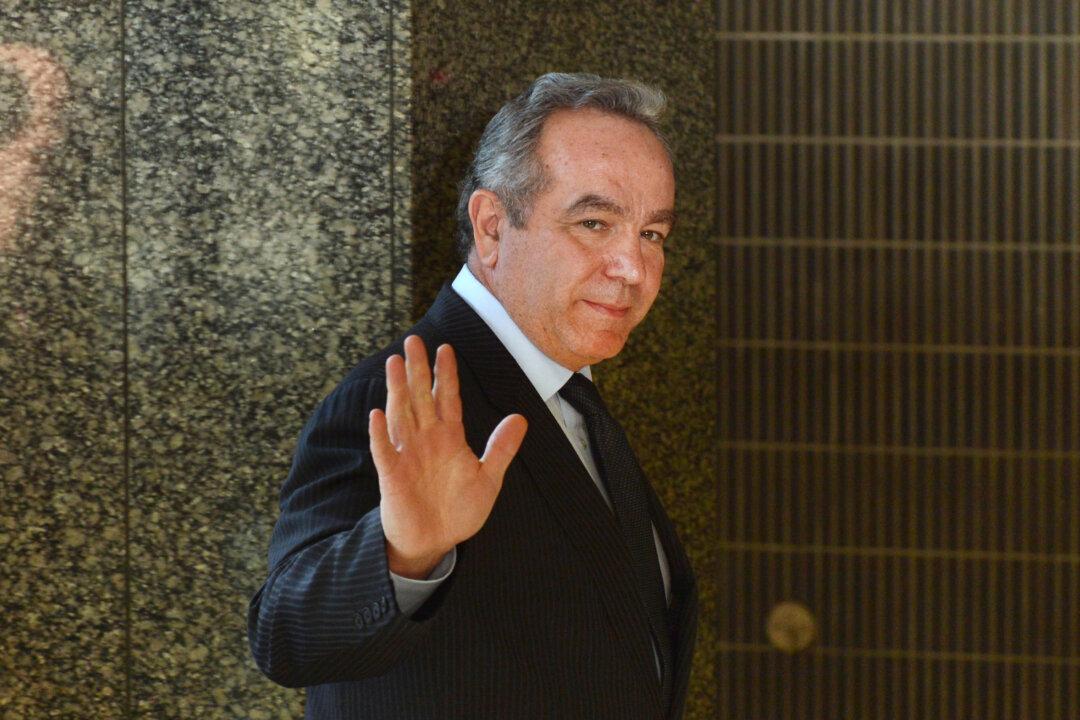Commentary
The Pacific Islands have agreed to increased U.S. engagement and an Australian security agreement, pushing back against communist China’s influence.

The Pacific Islands have agreed to increased U.S. engagement and an Australian security agreement, pushing back against communist China’s influence.